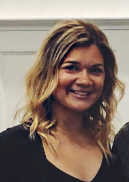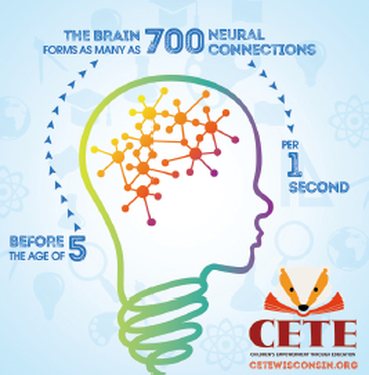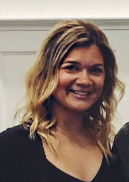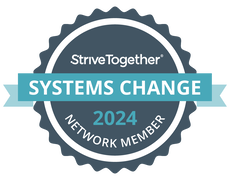|
Lumina Talent Hub Designation Impacts Transfer Students Rob Slagle is not your ordinary student. Slagle is currently dual enrolled at both the University of Wisconsin-Parkside majoring in Psychology and the University of Wisconsin-Stout majoring in Business Management. He transferred to the two universities after receiving two associates in two years from Gateway Technical College in Business Management and Supervisory Management. Hardworking transfer students just like Slagle will benefit immensely from the $350,000 Lumina Talent Hub Designation that has been awarded to the Kenosha and Racine Counties. The counties were identified by the Lumina Foundation as having the potential to strengthen a system of post-secondary education to train and retain the workforce of the next generation. With the help of the designation, Gateway Technical College, UW-Parkside, Building Our Future and Higher Expectations are coming together to raise postsecondary completion in the counties. One of the major ways they will be doing this is through their work with transfer students. Slagle shares that, when he transferred to Parkside from Gateway, not all of his credits transferred. Parkside and Gateway will be working on fortifying their partnership to decrease the amount of credits that do not transfer and help transfer students complete their degree in less time. As a transfer student, Slagle supports increasing the attention on making sure credits taken at one institution can count as credit at another. “[The Lumina Talent Hub Designation]...keeps the attention on continuous improvement for the educational system, which improves our communities,” he says. In addition to helping transfer students, the Lumina Talent Hub Designation will focus on other areas such as support in academics, constructive self-talk, connecting community partnerships with the goal of strengthening post-secondary education, math & English progress, and staying on the college track. How can you help? Students need the community's support. It is important that as a community we encourage a culture of post-secondary attainment; consider doing so by:
 Article written by Marley Uran Communications Intern University of Wisconsin Parkside Published in the Kenosha News A newborn will have an estimated 2,000 days until they begin school. The United States Department of Health and Human Services’ website shares that “one in four children through the age of five are at risk for a developmental delay or disability.” Developmental screenings have been embraced by the Center for Disease Control since they are effective in detecting developmental disabilities. They estimate that before beginning kindergarten, only 3 out of every 10 children with developmental issues will have them acknowledged. Medical, social, and educational costs down the road can potentially be reduced when children with disabilities are given times to work on their development and quality care during those early years, according to the World Health Organization. The Ages and Stages Questionnaire, commonly referred to as the ASQ-3, is a free, 15 minute assessment tool that shows how a child is developing. It focuses on gross motor and fine motor skills, problem solving, communication, and personal/social skills. The assessment is typically filled out by a child’s parent or guardian online or in a paper format, but it can be done at a doctor’s office or childcare center as well. This is not a one-time assessment. “The American Academy of Pediatrics has recommended that pediatricians do the ASQ at 9 months, 18 months and 24 to 30 months,” explains Jodee Rizzitano, Public Health Nurse & ASQ trainer. “[But] there’s really no age between one month of age and five that they don’t qualify for a screener.” Rizzitano says the goal for the programs they train, and the children those programs work with, is “ to make sure they're getting any kind of intervention—early intervention—so they’re more prepared for kindergarten.” She states that once the ASQ is completed, parents are given appropriate feedback and possible resources based on their results. What Can You Do?
Get Involved Locally
|
Categories
All
Archives
May 2024
|



